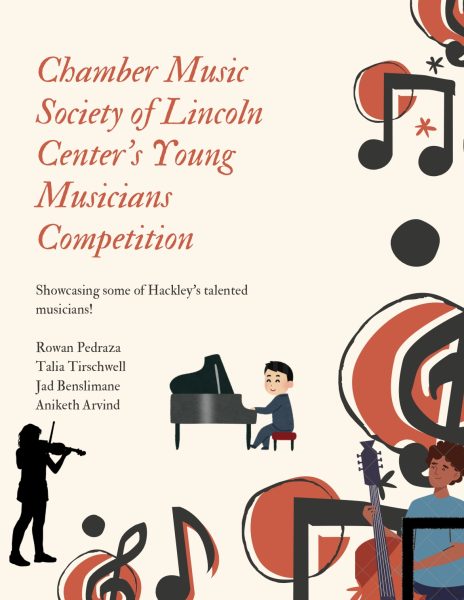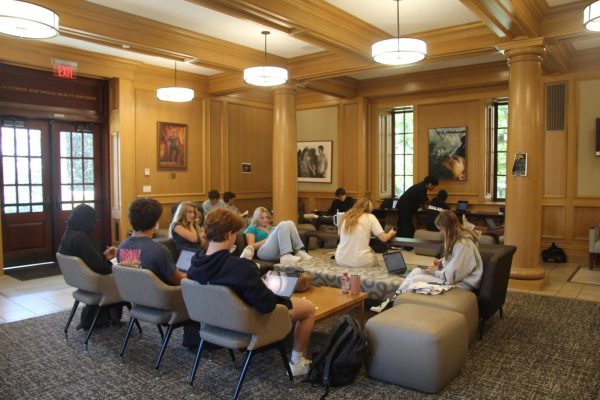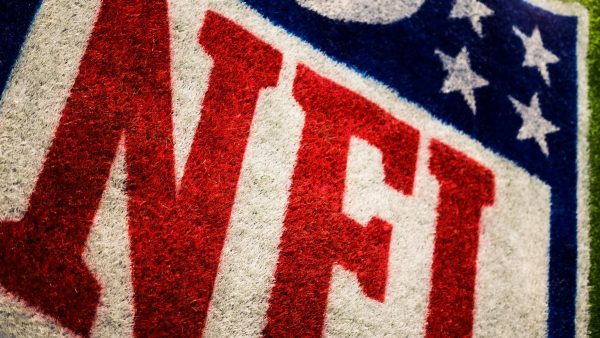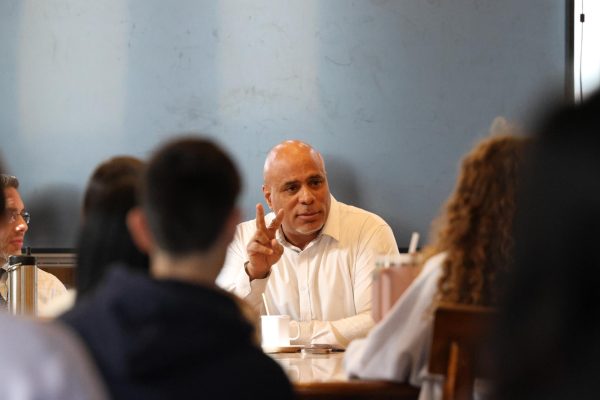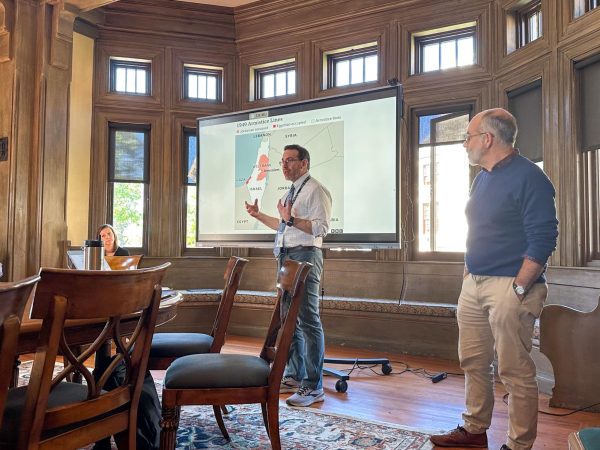Forbes and Szabo Lecture: Concussion Safety and Awareness in Sports
Credit: Benjy Renton
Journalist Alan Schwarz and neuroscientist Dr. Robert Cantu discuss “Concussions, Athletics and Kids.”
May 1, 2016
The Snowball Effect: when one little event or circumstance snowballs into a massive chain of events that eventually leads to terrible repercussions. This directly relates to concussions, more specifically, when a seemingly minor decision to play through a head injury could result in serious injuries later in life.
Neuroscientist and national concussion expert Dr. Robert Cantu and Alan Schwarz, Pulitzer-Prize nominated National Correspondent for The New York Times, were invited to Hackley on April 14 through the Forbes and Szabo Lecture series. Hackley’s Forbes Lecture was established in 1989 by Malcolm S. Forbes ’37 in order to bring contemporary issues of compelling interest to campus. The Szabo Lecture was established in 1996 by friends and admirers of revered Hackley Science teachers Kathy and Paul “Doc” Szabo upon their retirement.
Dr. Cantu and Schwarz are working to better educate the public about the detriments of concussions. In fact, Dr. Cantu coauthored a novel called Concussions in Our Children, published in 2012. By doing this, he tried to empower parents so that they could make intelligent decisions for their children in regard to their brains.
Dr. Cantu and Schwarz met through a mutual client and friend, Chris Nowinski. Nowinski played football for Harvard until he decided to switch to wrestling. Soon thereafter, he sustained numerous concussions, leaving him unable to continue playing the sport.
Some people would take this news and go off the deep end, but he took it to research everything he could to learn as much as he could about concussions and post concussion syndromes,” Dr. Cantu stated. Nowinski became a client of Dr. Cantu’s and then introduced him to his old friend, Alan Schwarz.
Since 2007, the duo initiated their partnership and the exploration of the impacts of concussions commenced.
“For 25+ years, we had been yakking about concussions, written a number of papers, been to many medical meetings, but it still was this closed circuit of people who are truly knowledgeable about the field. Certain things were known and understood, but it wasn’t getting beyond that. If you’re really going to make changes in the way that sports are played, society as a whole has to be aware of it. That’s where Alan brought this to the public,” said Dr. Cantu. Schwarz explained that his goal was to give people better information, so that they can make more informed decisions for themselves.
“Bob had the information and I was the amplifier,” Schwarz further explained. “I was able to take what had been confined to medical experts and convey it to the public in a way that they could assimilate and metabolize it.”
The two went on to explain that there is no blood test or cure for concussions, and that no one really knows the magnitude of the trauma until it is over. However, Schwarz shares that, “The one thing that I will say unequivocally is: try to educate kids so that if they get a concussion, get the hell off the field. Don’t try to play through it or play hurt.”
The medical community has reveled in Cantu and Schwarz’s work and commended them for their bravery in saying what needs to be said. Not everyone would have the courage to go up against major institutions, such as the National Football League, and push them into changing the way the sport is played.
“[Dr. Cantu] doesn’t mind ruffling some colleagues’ feathers by saying what seems to be obvious, but what most people don’t have the guts to say,” said Schwarz. “That is the thing that distinguished Bob from everything else. He risked a lot of relationships to educate the public.”
As for the Hackley community, coaches and trainers are highly aware in their thinking with regard to concussions and concussion protocol. “It is a pretty enlightened group of people here at Hackley, as I would expect, and I think that they are doing a great job,” said Dr. Cantu. While the Hackley community understands that head trauma is inevitable, it is still striving to reduce the amount of forceful head contact, which is a great step in the right direction.

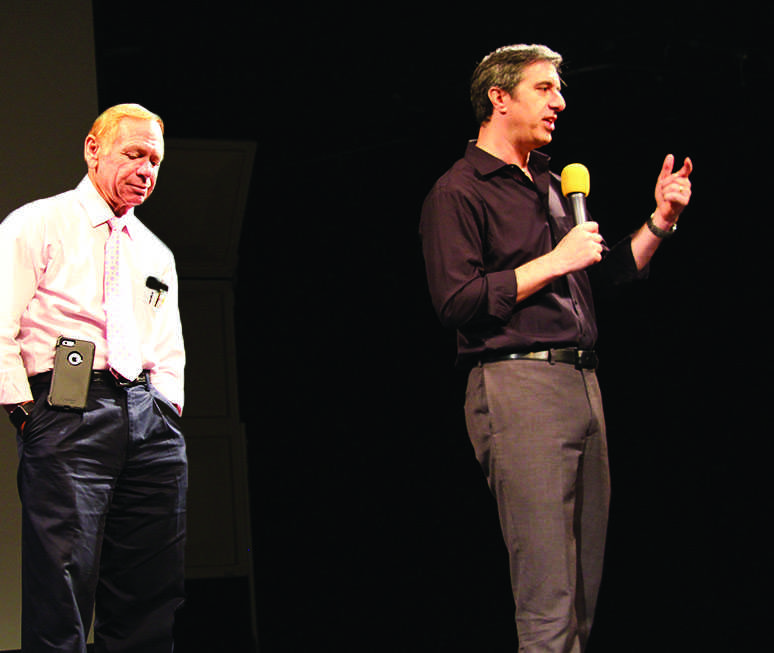
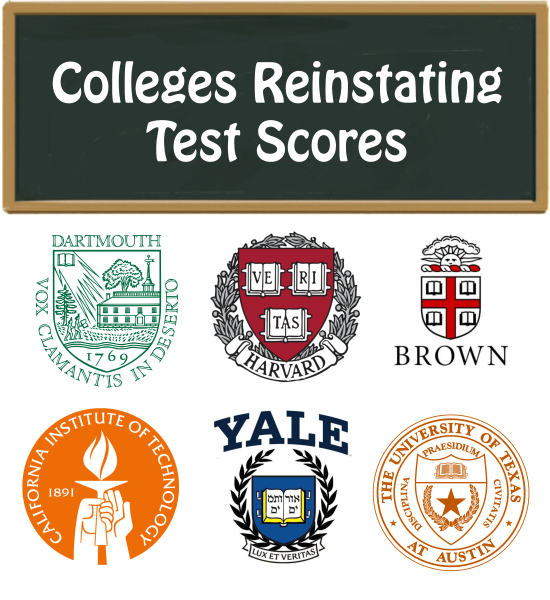
![Although the affect of COVID-19 has been on a decline with less cases and deaths allowing most of us to remain mask free, people on the Hilltop are still choosing to mask up. Personal health concerns as well as helping an elderly neighbor are reasons as to why middle school science teacher Emma Olsen still wears a mask years after the COVID-19 pandemic began. Since I am helping take care of him, you know I go over to work with his dogs, that kind of thing; I dont want to bring [the virus] home to him, Ms. Olsen said.](https://hsdial.org/wp-content/uploads/2024/03/IMG_1713-450x600.jpg)
